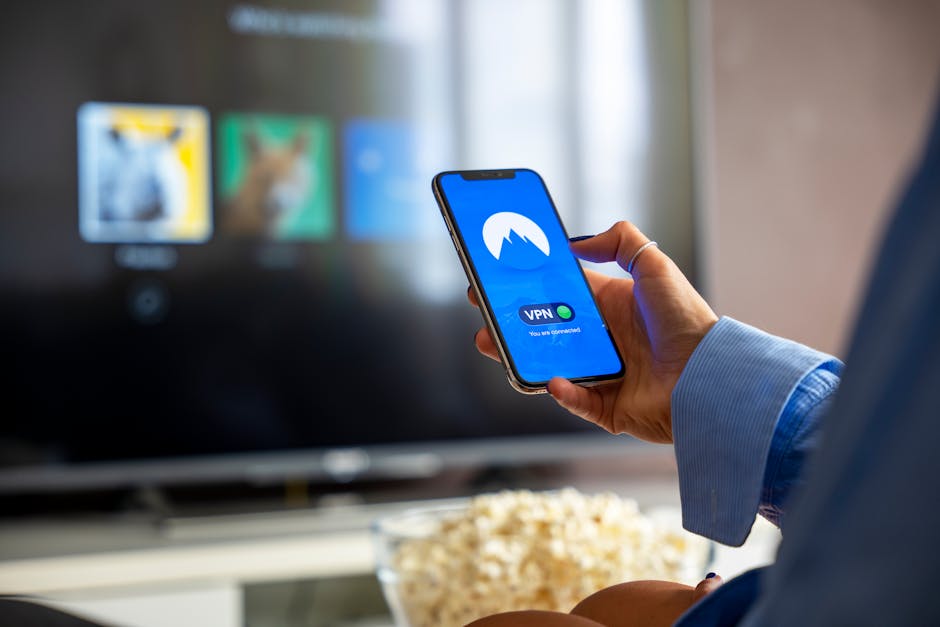There are multiple reasons why people continue to use Twitter despite being aware of its potential downsides. Firstly, Twitter provides a unique platform for real-time news and information dissemination. Users value the ability to access breaking news, trends, and opinions instantaneously. Secondly, Twitter serves as a crucial tool for self-expression, enabling users to share their thoughts, emotions, and creative content with a wide audience. Thirdly, the platform functions as a valuable networking space where individuals can connect with people who share similar interests, including industry professionals and influencers, thus enhancing personal and professional relationships.
For many users, the social validation that comes from likes, retweets, and follows is another strong incentive to stay active on Twitter. This aspect of social media can create a sense of community and belonging, which can be highly rewarding psychologically. Moreover, the novelty and engagement of Twitter’s fast-paced environment can be addictive, making it difficult for users to disengage.
Additionally, for professionals, journalists, and businesses, maintaining a presence on Twitter is often seen as essential for branding, marketing, and staying relevant in their respective fields. The fear of missing out on opportunities or important conversations can compel users to remain on the platform despite its drawbacks.
Personal habits and inertia also play a role; once integrated into a user’s daily routine, discontinuing Twitter can require significant behavioral change, which may be challenging for many individuals. Lastly, the scarcity of equivalent alternatives with the same reach, influence, and user experience as Twitter deters users from leaving, as they may not find other platforms that fulfill the same needs.



